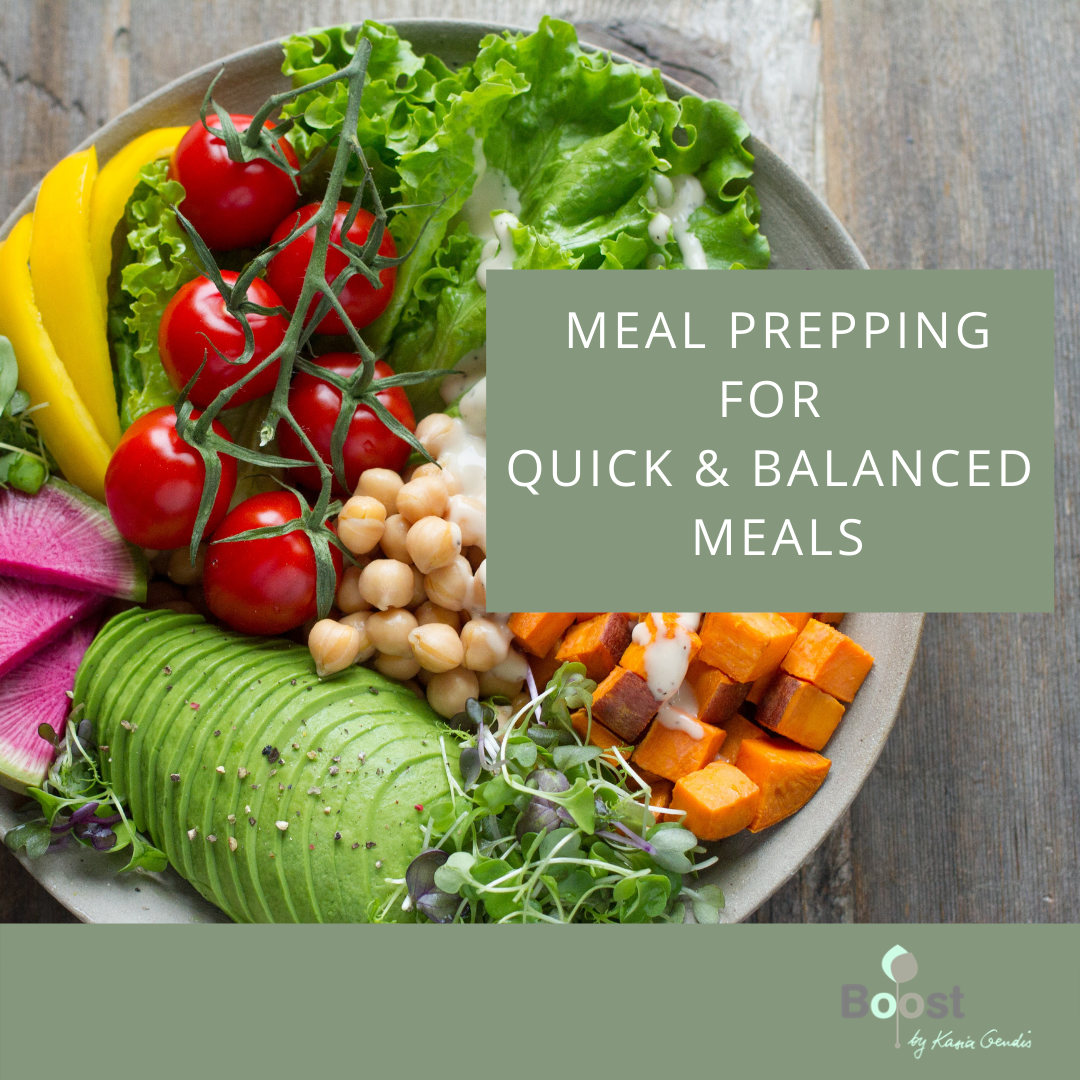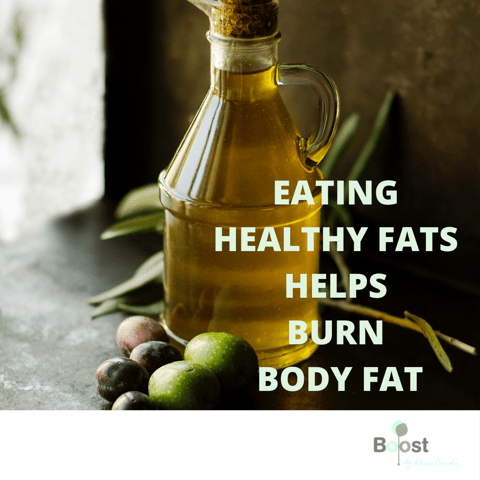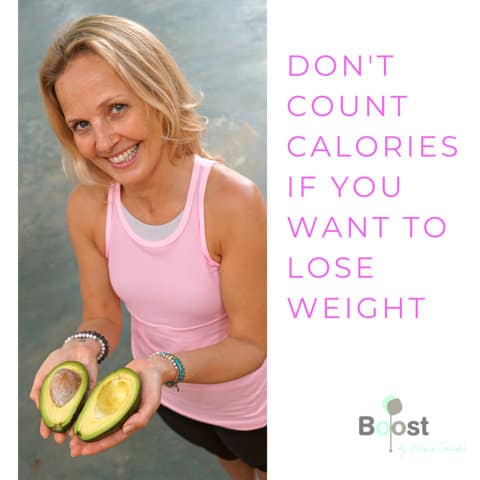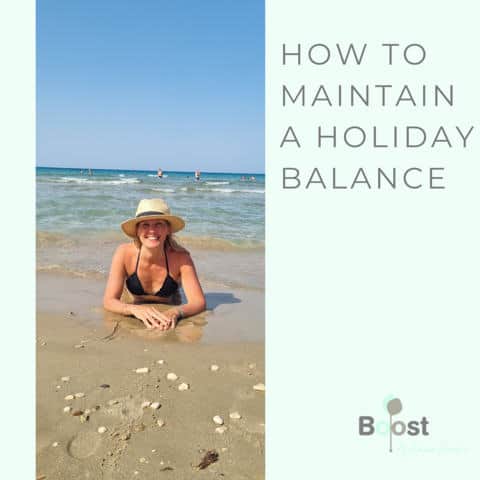I just came back from my short, but sweet holidays.
I thought I would share a few thoughts with you on how to keep the balance when you are on holidays. This topic comes up, especially now, really often in my conversations with friends, as well as with my coaching clients.
It is summertime, a lot of us are travelling and wondering how to enjoy the holidays without compromising our healthy habits and ideal weight.
First of all, we know that holiday is a completely different time and we need to allow ourselves to loosen up a little bit. At the end we are there to enjoy, relax, recharge and not to be strict with ourselves.
On the other hand our routine changes quite dramatically on holidays and a lot of our healthy habits, that serve us well on daily basis, are hard to keep up with. The routine changes, the way of eating changes.
That leaves us sometimes feeling a little bit nervous and even guilty. And that is not what we want while we are trying to relax.
We also might experience some physical symptoms like heaviness, bloating, some pains in the stomach and a general feeling of sluggishness.
Even if we can handle it then, we know we’ll have to deal with it after we get back and that also can give us a little bit of an unpleasant feeling.
So what can we do to keep that balance between throwing all of our healthy habits out of the window and really enjoying ourselves and having fun?
Let me share a few tips I have used on my holidays just recently.
Tip # 1
BALANCE YOUR MEALS WELL
Very often when on holidays, we forget about eating balanced meals.
We need to supply our body with fibre, protein and healthy fat in each meal, even on holidays :).
I know it might be a little bit more challenging when travelling, but at least give it your best. Try to eat your vegetables. Think about it in an exciting way. Maybe there are different vegetables where you travelled to in season now. Or even the same ones tasting slightly differently than at home.
Every time I travel to Greece I enjoy their super tasty and sweet tomatoes and onions, not to mention the fruits.
They for sure taste differently than at home.
Vegetables have a lot of fibre.
We do need that fibre for regular bowel movements, for example. Especially when we travel, some of us tend to encounter problems with that.
Also proteins are very important to keep you full for longer and control your cravings. You will feel satisfied faster, as protein fills you up more and helps to balance your blood sugar levels.
Do not forget your healthy fats, as well.
Try to incorporate all of the macronutrients that the body needs to function properly, weather on holidays or not.
Tip # 2
EAT REGULARLY
It’s connected to the tip #1. We eat balanced meals but we also should make sure that we eat regularly. We do not want to starve ourselves the whole day on the beach just running on breakfast and skipping lunch. By the time dinner comes we will be so hungry that eating balanced meal will not be our priority. We will be eating whatever is fast and more that we actually need, to make up.
That can cause the feelings of guilt to emerge again.
The other extreme we tend to do when on holidays is eat even when we are not hungry, maybe because others are eating or maybe out of boredom or for any other reasons. Make sure you eat when your stomach is actually hungry, not your head.
Tip # 3
GENTLE MOVEMENT
Again two spectrums, either we have a very intense movement routine on regular basis that is hard to keep up with on holidays, when we also have to keep in mind other people. Or we normally do not move much, so on holidays we will not be motivated either.
But in both cases a gentle moderate movement, like a walk on the beach, a daily swim or a bike ride, will be needed but also sufficient and enjoyable.
Tip # 4
ALLOW GUILT FREE TREATS
We are talking here about finding the holiday balance. So it also means we shouldn’t be too strict on ourselves and feel guilty about every indulgence. It is great to have an ice cream or some wine without feeling bad about it.
My philosophy, not only for holidays but for every day as well, is to dedicate a little space in your life for treats. We can’t possibly eat 100% healthy during our whole life. It is not sustainable. That is why leaving about 20% to treat ourselves and feel like there is no restriction really is very healthy for our head.
I use the same rule on holidays.
And if I follow tip#1 and #2 with balanced, regular meals I do not really need so many treats. I just have them when I want to enjoy myself not when I have cravings for it.
And totally guilt free as it is a conscious choice.
Tip # 5
DRINK PLENTY OF WATER
Especially in the summer when it is hot we should pay more attention to our water intake. When we feel the thirst, we
are already dehydrated. So it’s important to regularly sip your water.
Having water will also help you figure out if you are hungry or thirsty.
Sometimes our mind likes to trick us into being hungry. In that case try water first, because it might be that you are just thirsty. If you are still hungry, then you need to eat. Listen to your body. It really helps to determine what it needs right now.
Tip # 6
ENJOY THE MOMENT
This is the most important one. When on holidays we really want to enjoy ourselves, but often times our mind will not let us.
Our physical body is on holidays but our mind is still running through some past events or concerns or complaining about things it doesn’t like where we are. We have more free time than normally and the mind is using it.
We feel dissatisfied, but all we really want is to use that time to recharge, relax and chill.
The best way is to just look around you, appreciate and enjoy all that you do not usually have in your daily routine, like sun, sand, water, mountains, lakes, breeze, nature, lovely local food. Inhaling the whole atmosphere around you. And just being present with each activity.
Watch your thoughts and if they are not so nourishing remind yourself that you are on holidays. Notice the relaxing environment around you and appreciate this special time you can spend with your peeps or just with yourself.
While recently holidaying with my family I also, at times, had thoughts of what I will need to do when I come back. They were stressing me out of course but then I would immediately try to give the mind something pleasant to focus on. It would look in my head like this: “I can’t believe I’m here, sun, sand, sea. I love the sea. I miss it the whole year. And now I have it the whole day in front of me and I can jump in whenever I feel like it. I don’t have to do anything, I can just relax and do pleasant things. No work, no responsibilities. Just fun time. Finally. Let me not waste it. I need to really appreciate this time, right now.”
PRACTICE TO TRY:
I would also like to share with you my five senses practice I used.
This particular experience was while I was swimming.
I went into the water and really tried to enjoy the swim with all the five senses. I would feel the water against my skin, as I was moving.
I would smell the distinctive sea water smell. Sometimes the water would come into my nose or onto my lips and I could taste the saltiness of it. I could hear the splish splash of the water. I admired the beautiful turquoise colour with sun rays reflecting in it.
It was such a full rounded experience. It really helped me remember the “now”. Even when I am writing about it I do vividly remember that moment. It is like a mental 5 senses picture.
I really recommend trying that with any activity.
It helps us stay in the moment, appreciate things more and hold gratitude in our hearts for our experiences.
Then we really recharge and enjoy.



